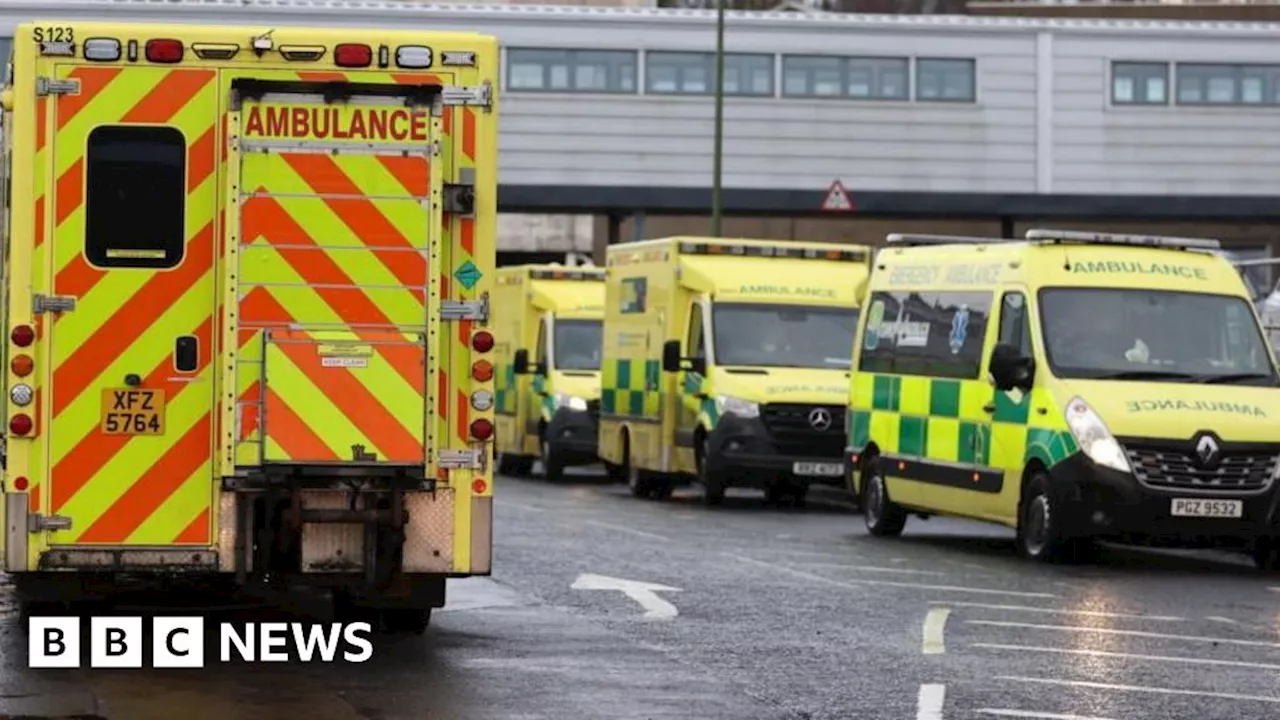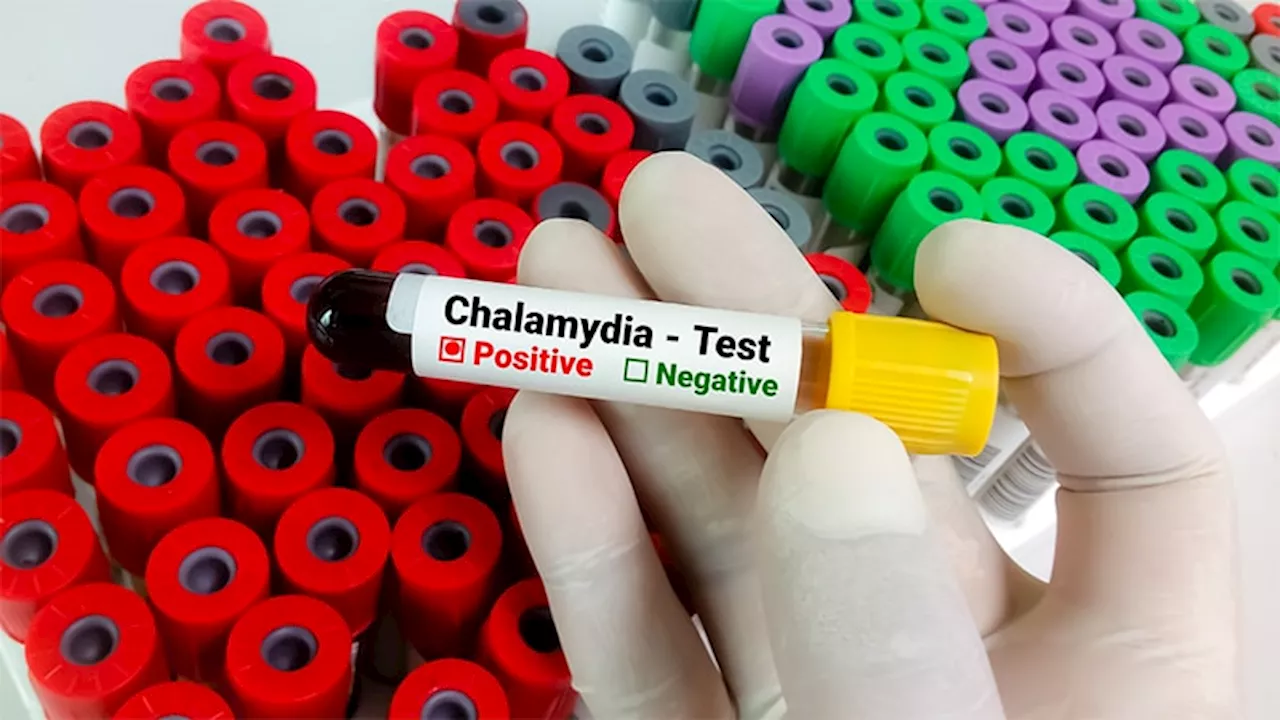A meta-analysis of 64 randomized controlled trials reveals the effectiveness of different drugs for treating migraine in the emergency department (ED). The study identifies combination therapies as the most effective in preventing the need for rescue medication.
Researchers conducted a systematic review and Bayesian network meta-analysis of 64 randomized controlled trials from MEDLINE, Embase, and Web of Science databases from inception to February 9, 2024. The analysis included adult participants presenting to EDs with migraine, and pharmacologic therapies were compared with each other or to a placebo.
Primary outcomes were adequate pain relief at 2 hours, change in pain intensity at 1 hour, need for rescue drug at 2 hours, and significant adverse reactions. Researchers found significant inconsistencies in the data for pain intensity changes at 1 hour, making the results unreliable and not applicable to broader settings. The combination of drugs showed the highest likelihood of superiority for preventing the need for rescue drug (SUCRA, 94.6%), followed by metoclopramide IV-dexketoprofen IV (85.53%), and chlorpromazine IV/IM (83.30%). Valproate IV was least effective (7.69%). The authors suggest that chlorpromazine IV/IM is definitely among the most effective, valproate IV is definitely among the least effective, and ketorolac IV/IM is possibly among the least effective as single agents obviating the need for rescue drug. They add that the relative safety of the pharmacologic therapies cannot be determined with sufficient certainty. Further, randomized controlled trials of parenterally administered, and perhaps more relatively effective pharmacologic therapies such as chlorpromazine, prochlorperazine, and metoclopramide-NSAID combinations should more robustly establish which are the best options for migraine in the ED. The study was led by Ian S. deSouza, MD, SUNY Downstate Health Sciences University and Kings County Hospital Center, New York City. It was noted that the inclusion of an intravenous crystalloid bolus in some studies may have reduced pain intensity in clinically dehydrated participants, potentially inflating the effect estimates for these interventions
MIGRAINE EMERGENCY MEDICINE PHARMACOTHERAPY DRUG COMBINATIONS CLINICAL TRIAL
United States Latest News, United States Headlines
Similar News:You can also read news stories similar to this one that we have collected from other news sources.
 Torrance Fire Department Implements Safety Cloud to Prevent Emergency Vehicle CollisionsThe Torrance Fire Department has partnered with HAAS Alert to implement a new digital alert system called Safety Cloud. This system aims to reduce collisions between emergency vehicles and other motorists by providing real-time warnings to drivers in compatible vehicles.
Torrance Fire Department Implements Safety Cloud to Prevent Emergency Vehicle CollisionsThe Torrance Fire Department has partnered with HAAS Alert to implement a new digital alert system called Safety Cloud. This system aims to reduce collisions between emergency vehicles and other motorists by providing real-time warnings to drivers in compatible vehicles.
Read more »
 Patient Waits 19 Hours in Ambulance Outside Hospital Emergency DepartmentA patient in Northern Ireland has waited 19 hours in an ambulance outside a hospital's emergency department due to a 'lack of flow' in the health system. The medical director of the Northern Ireland Ambulance Service (NIAS) attributes the delays to a surge in respiratory illnesses and difficulties in discharging patients from hospitals.
Patient Waits 19 Hours in Ambulance Outside Hospital Emergency DepartmentA patient in Northern Ireland has waited 19 hours in an ambulance outside a hospital's emergency department due to a 'lack of flow' in the health system. The medical director of the Northern Ireland Ambulance Service (NIAS) attributes the delays to a surge in respiratory illnesses and difficulties in discharging patients from hospitals.
Read more »
 Emergency Department Attendance at Noble's Hospital Surges by 35% in a DecadeNew data reveals a significant increase in emergency department visits at Noble's Hospital, Isle of Man, highlighting the strain on healthcare resources.
Emergency Department Attendance at Noble's Hospital Surges by 35% in a DecadeNew data reveals a significant increase in emergency department visits at Noble's Hospital, Isle of Man, highlighting the strain on healthcare resources.
Read more »
 Doxycycline Discharge Kits Improve Chlamydia Treatment in Emergency DepartmentsA study found that doxycycline discharge kits significantly improved guideline-directed treatment and reduced time to treatment for chlamydia infections in patients who were discharged from the emergency department (ED).
Doxycycline Discharge Kits Improve Chlamydia Treatment in Emergency DepartmentsA study found that doxycycline discharge kits significantly improved guideline-directed treatment and reduced time to treatment for chlamydia infections in patients who were discharged from the emergency department (ED).
Read more »
 NYPD Chief Jeffrey Maddrey resigns amid sexual misconduct allegationsNYPD Chief of Department Jeffrey Maddrey has resigned following allegations of sexual misconduct, the department says.
NYPD Chief Jeffrey Maddrey resigns amid sexual misconduct allegationsNYPD Chief of Department Jeffrey Maddrey has resigned following allegations of sexual misconduct, the department says.
Read more »
 Medication Underuse Headache Demands Attention, Effective Prevention, and Timely TreatmentPreventing migraine chronification and medication overuse headache requires decreasing the number of migraine attacks and prompt acute care as needed, thereby avoiding medication underuse headache.
Medication Underuse Headache Demands Attention, Effective Prevention, and Timely TreatmentPreventing migraine chronification and medication overuse headache requires decreasing the number of migraine attacks and prompt acute care as needed, thereby avoiding medication underuse headache.
Read more »
